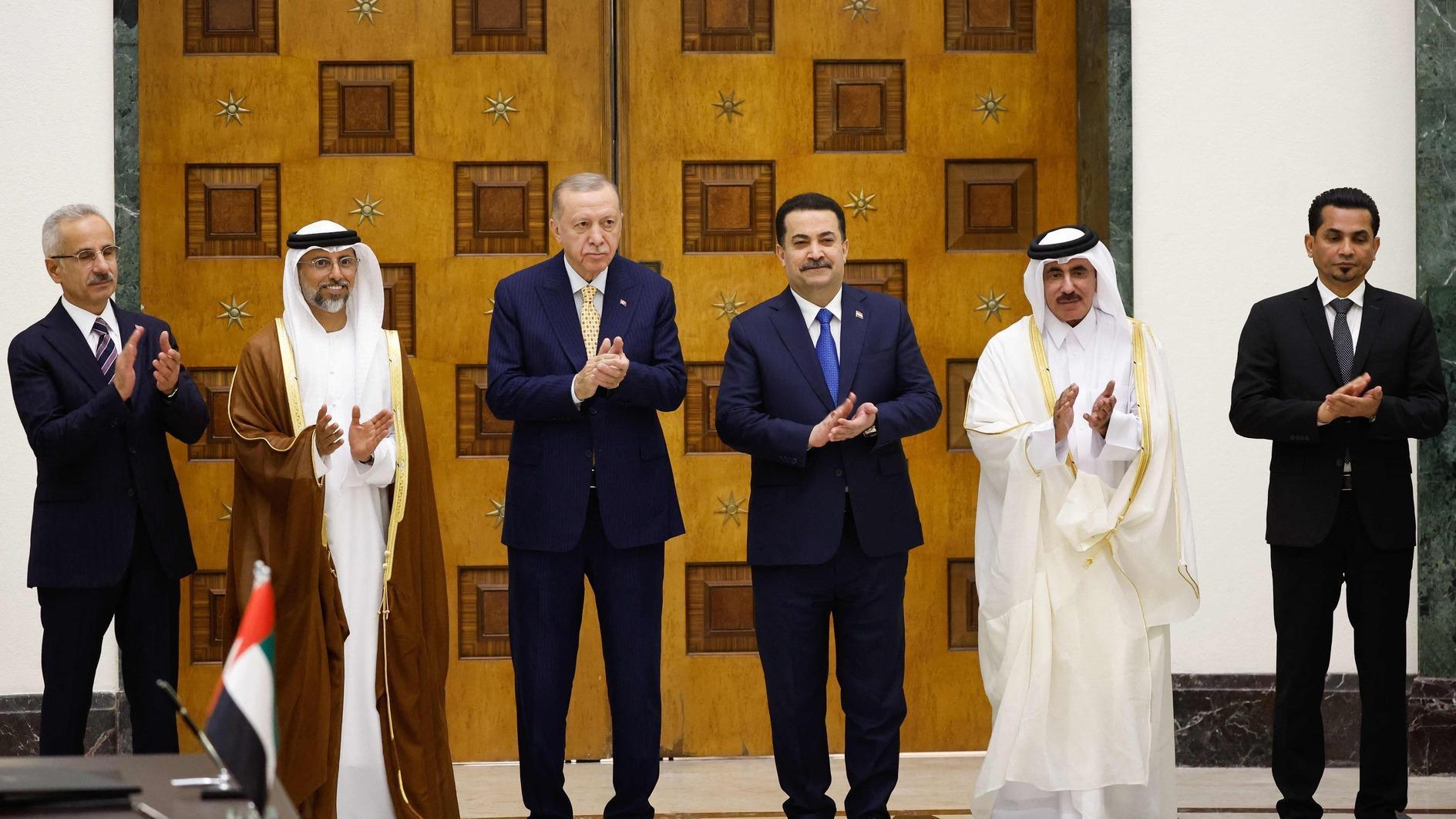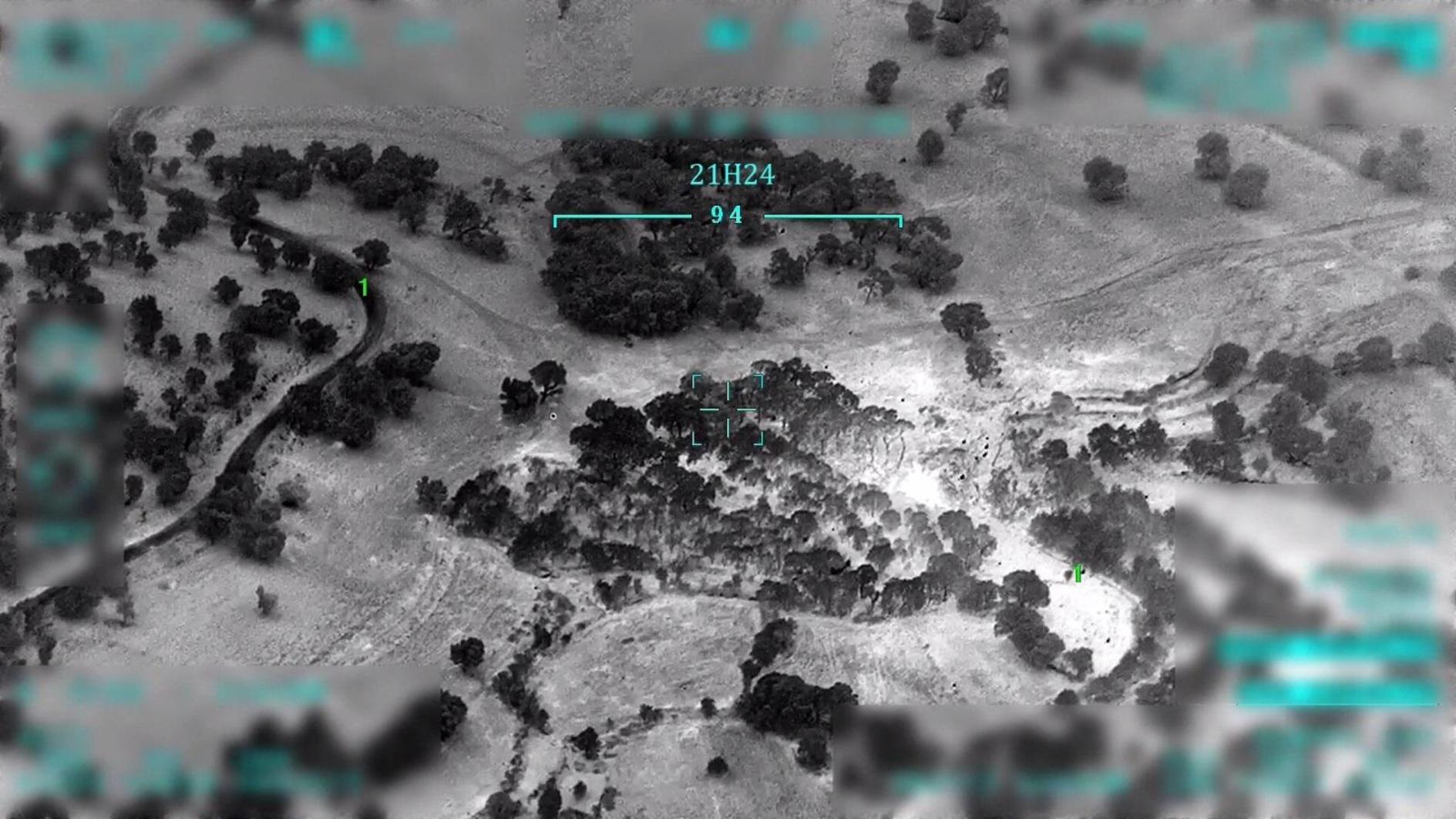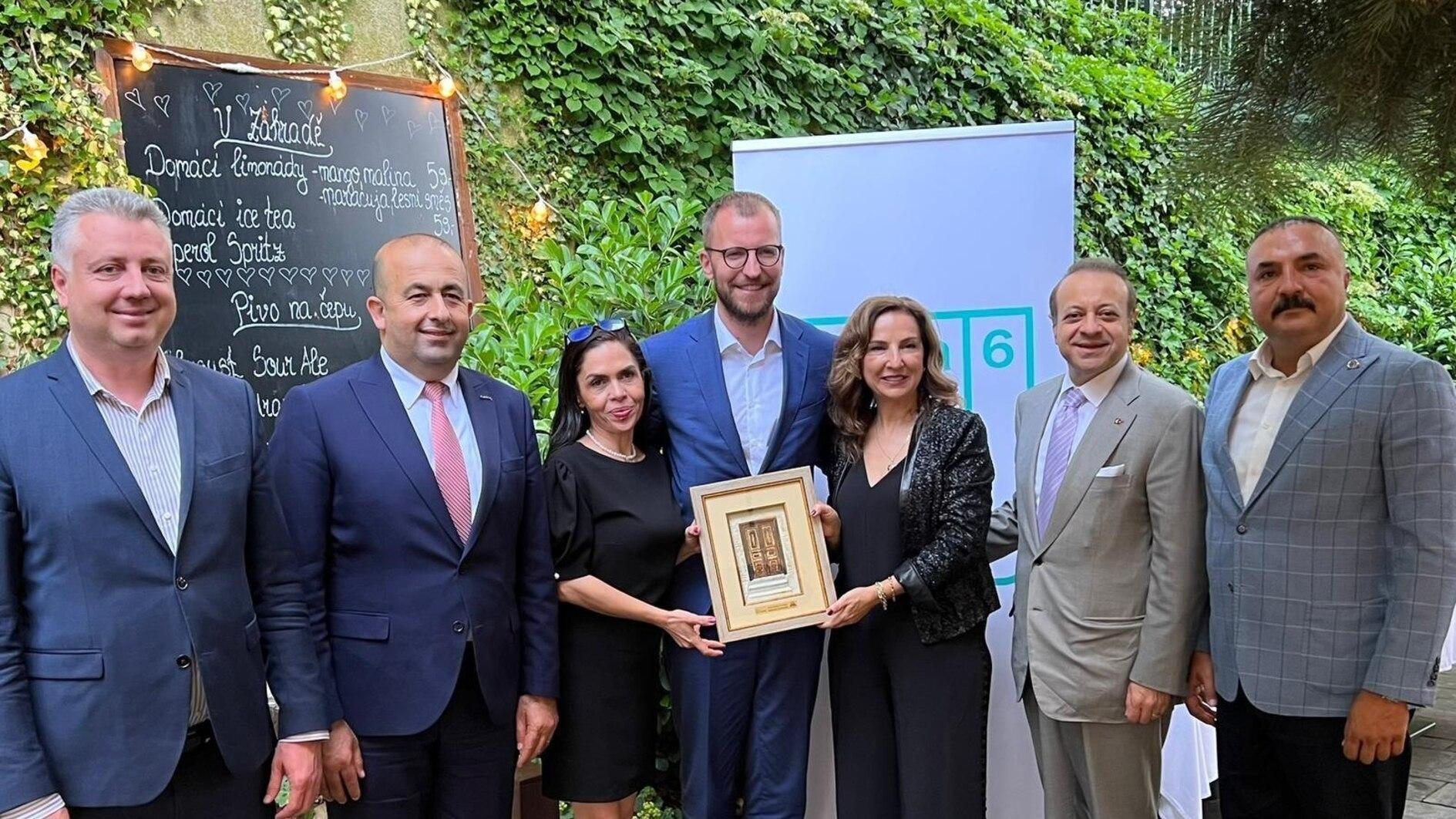The next battle: Presidency
After yet another election victory of the ruling Justice and Development Party (AKP) and its leader, Tayyip Erdoğan, Turkey is now turning its focus to the next battle: the presidential elections that will be held on Aug. 10, and if a second round is necessary, on Aug. 24 as well.
Notably, this will be a new experience for all Turks. Because to date, the presidency, the largely symbolic yet highest post in the republic, has been elected by the Parliament. Yet with a constitutional amendment in 2007, which came right after the election of the current president, Abdullah Gül, the system was changed and the presidency, too, became a popularly elected seat. Some political scientists have warned that this unusual system would create problems, by creating two popularly-elected top seats, but others welcomed it as more “democratization.”
It has been long believed that Erdoğan wants this new, fancy presidency for himself. That is why, in fact, he pushed for a whole new constitutional system which would create a very, very powerful presidency. That has not worked so far, because Erdoğan does not have the power to change the Constitution. Yet still, many believe that he wants to get the presidency with its current powers and, with a loyal prime minister, wants to rule Turkey for 10 more years. (5+5=10. That is why Erdoğan speaks of his “2023” targets, which would not only be the centennial of the republic, but also the zenith of his then 21-year-old rule.)
But can Erdoğan win the presidency? He needs to get more than 50 percent of the votes, either in the first or second round. He won 45 percent last Sunday, and if he can get the support of Kurdish nationalists, whose votes are around 5-6 percent, along with the votes of small Islamist parties such as Felicity Party (SP), he well may secure a simple majority. The opposition would only have a chance if they unite for a single and appealing candidate, which is easier said than done.
The key question here is the future of Gül, the current president. He is Erdoğan’s historical friend, ally and “brother.” They founded the AKP together way back in 2001. But Gül also has proven much more liberal and reconciliatory in the recent years. (Just this week, Gül welcomed the Constitutional Court’s decision to set Twitter free, whereas Erdoğan slammed the decision as a violation of “national values,” adding that he will implement the decision but not “respect” it.) That is why many liberals see Gül as the last hope to balance the growing authoritarianism and parochial nationalism among the AKP circles. Moderate but silent circles in the AKP seem to think that way as well.
Gül is also very popular, and he could easily win the presidential elections for a second term, if Erdoğan supports him. That would be scenario one. Scenario two would be Erdoğan and Gül changing places, which would give Gül more executive power as prime minister, and give the liberals a deep breath.
Scenario three would be Erdoğan winning the presidency, sidelining Gül, and appointing a fully obedient prime minister. The result would be a gigantic concentration of power.
In the next two months, we will see which option awaits Turkey. The decision will ultimately be given by Erdoğan, but only after behind-the-scenes meetings and negotiations with Gül. And it will be a very fateful decision for the decade ahead.











